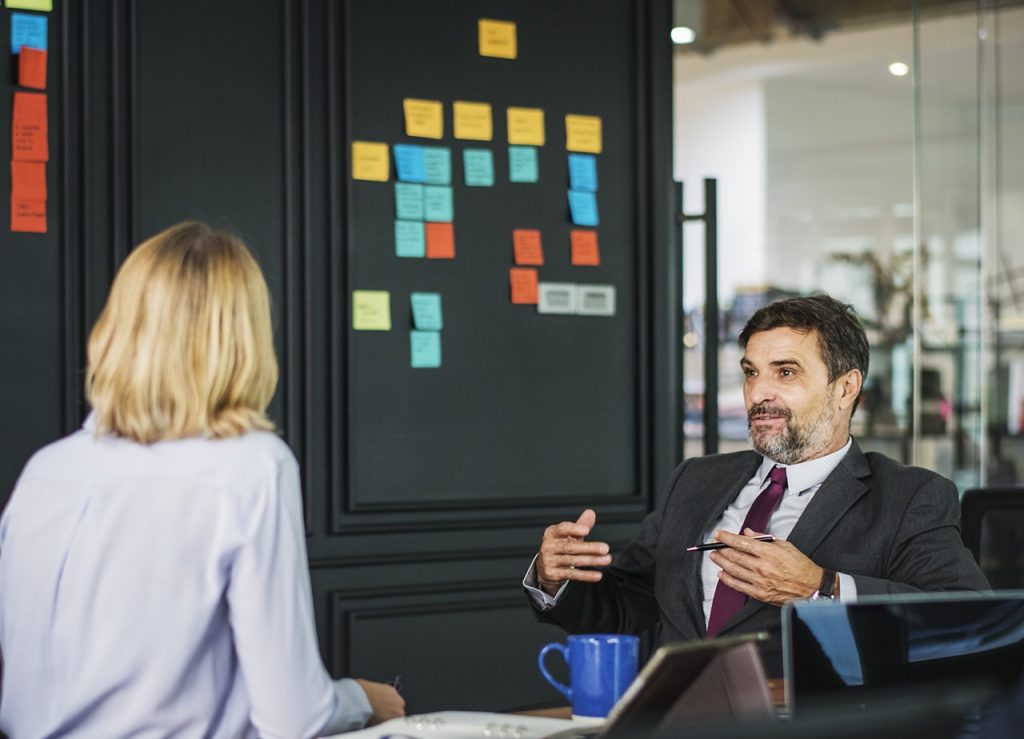
Things to Look for in a Bank
Are you searching for a new bank? If so then it’s critical to know what to look for. In the US alone there are almost 5,000 FDIC-insured commercial banks. Some people go with the biggest banks, and while they have more offerings, there might be some sacrifices in areas like personalized service. So it’s critical to know which factors are the most important to weigh. Here are some of them:
- Online Banking
This might seem like a given, but there are still some banks in the world without online services. Mobile banking is especially a plus when you want to your use smartphone or tablet to manage your accounts while you’re on the go. Another issue to research is whether a particular bank charges for online banking. It’s become so common today that many banks don’t charge for it.
- Fair Fees
It will be tough to find a bank that charges no fees. That said, it’s critical to find out the particular ones a bank charges before opening an account there. These can include ones for ATM, minimum balance, overdrafts, monthly maintenance, and so on. It’s advisable to do some comparison shopping to find out if a particular bank’s fees are “responsible” vs. the competition. Some banks charge fees for nearly everything, and that’s not really fair.
- Customer Service
What’s the big deal since it’s not directly related to transactions? It’s an X-factor of sorts. Research whether the tellers seem friendly. Find out whether the banks’ website and telephone services are easy to use and convenient. When you have to make an important banking transaction good, or bad customer service can make all the difference.
- Linked Accounts
Linked accounts can make your banking significantly easier. Learn about whether or not you can link a savings account to checking account, for example. If you’re facing an overdraft situation linking accounts can save big bucks vs. overdraft fee. Having linked accounts can also help with setting up automatic transfers and making credit card payments. This makes it easier to transfer funds from a checking account to savings account.
- Online Security
Today bank security isn’t just about a big vault but also your e-wallets and such. Make sure a bank is using things like strong encryption to protect your transactions. It also helps when the bank is federally insured so if something goes wrong you’ll be protected.
- Interest Rates
This includes your deposits and debts. You’ll want higher-than-average interest rates for deposits and lower-than-average interest rates for debts.
- Federal Insurance
In the US this is supplied by the Federal Deposit Insurance Corporation (FDIC) and covers money for deposits of a maximum $100,000. After opening a new account, the last thing you’ll want to think about is the possibility of the institution closing. However, it’s always better to be safe than sorry. You should note that if your bank shutters and it’s FDIC-insured, it could still take a while to recover your money. However, it’s better than being unable to recover any of it.
